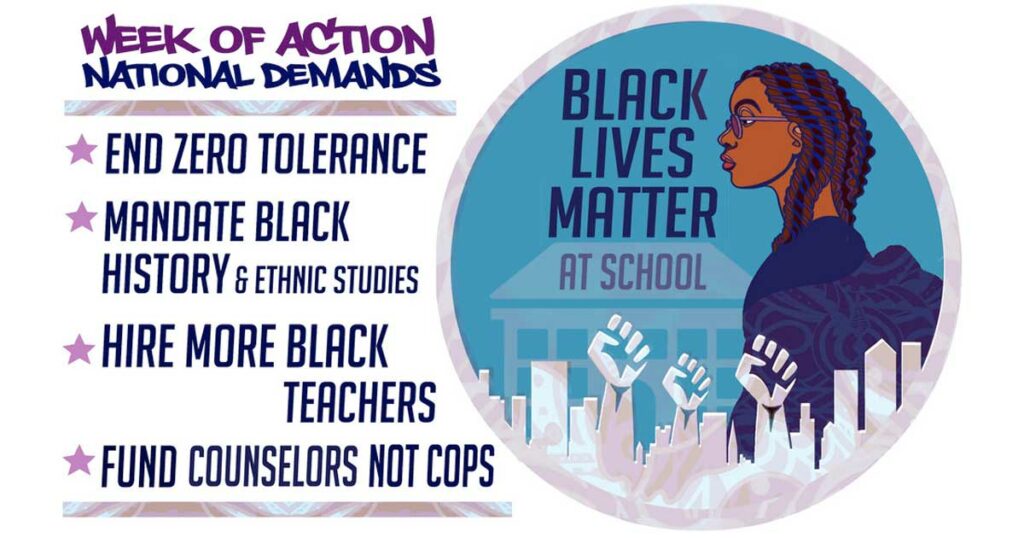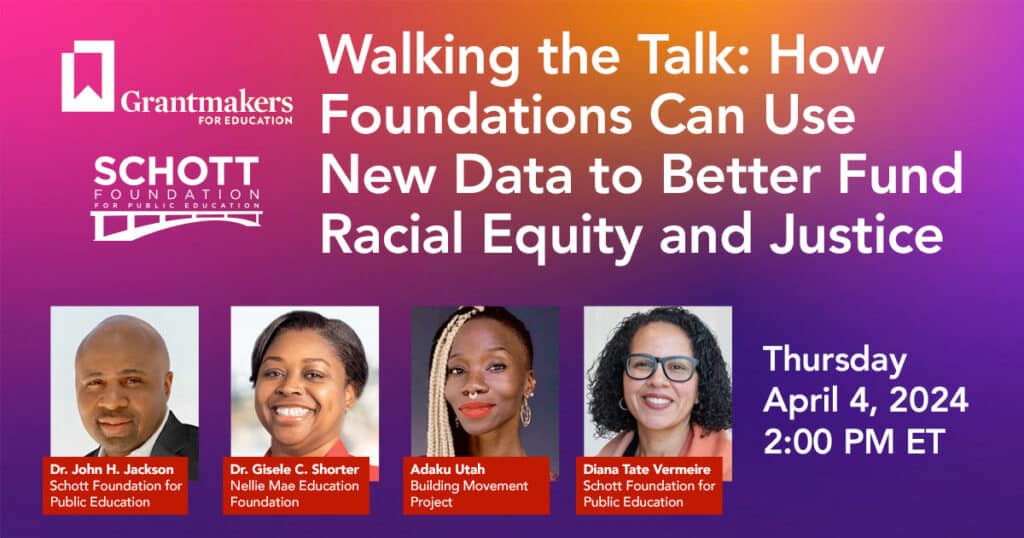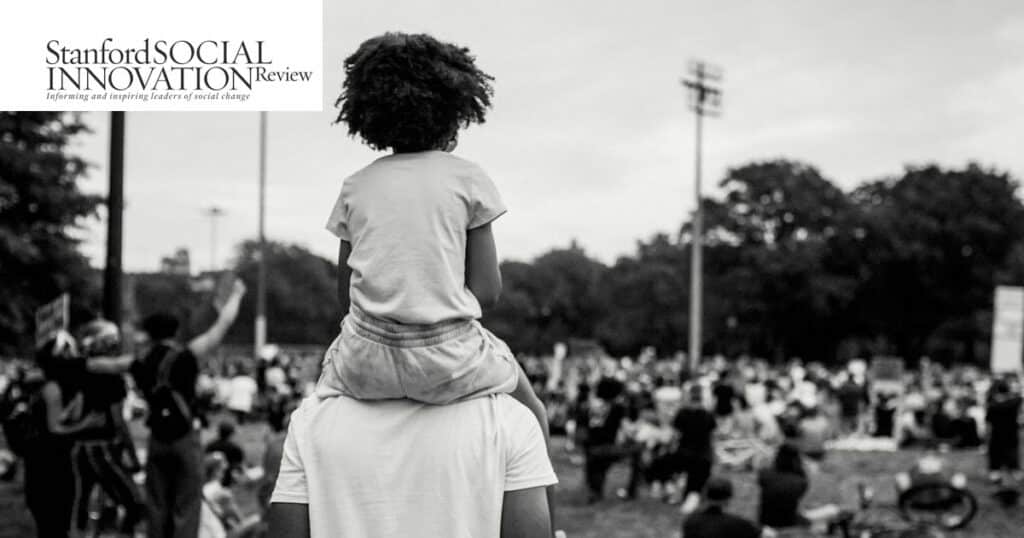Blog
Despite a Cloud of Backlash, Black Lives Matter at School Shines Bright

This year marks the fifth Black Lives Matter at School National Week of Action. What began as a day of action in Seattle in 2016, spearheaded by educator and author Jesse Hagopian, quickly expanded into a nationwide phenomenon. Hagopian described the driving spirit behind the week of action in an interview last month:
“We stand in the tradition of people like Carter G. Woodson who founded the first Negro History Week, which became Black History Month, and really helped to transform education in America.”
We hope to do the same thing: to make sure that children grow up knowing that Black lives matter, that Black people have accomplished incredible things, and that those accomplishments, those struggles, and contributions, deserve to be centered in the curriculum instead of whitewashed out like they are in too many corporate textbooks.” This year’s week of action, which took place from January 31 through February 4, comes amid a growing right-wing campaign against “critical race theory,” an umbrella term that in practice means keeping uncomfortable truths firmly outside of public school curricula.
In DeKalb County, Georgia, students co-created a week of lessons and events, while mere miles away, under the state capitol dome, at least four bills have been submitted to restrict what can be taught in schools there. Student participant Avishai Harris told the Atlanta Journal-Constitution, “What I really want to get across is that everyone can make a change and participate. I just hope that it continues many years after I’m out of high school.”
Centennial Elementary School in Denver received conservative backlash after announcing it would participate in this year’s week of action. The Colorado Springs Gazette reported that the school “was accused of trying to teach students to support BLM and disrupt the nuclear family in publications including the Washington Examiner and Fox News.”
New York City, Public School 110’s Black Lives Matter flag was torn down by vandals just before the week of action, the latest in a long-running fight over racial justice and LGBTQ additions to school curricula in Brooklyn public schools over the last several years.
In the face of backlash, students, educators, and parents are undeterred. “It’s critical that all of us join together and support educators who are under assault for teaching the truth,” Hagopian said.
We learned more about the 13 guiding principles using read alouds @Blm_edu_nyc @BLMAtSchool @ps24brooklyn @Love2teach247 #BLM pic.twitter.com/vaPxJmAvou
— Ms. Orozco (@msorozcoteaches) February 11, 2022
Racial discrimination is a matter of contention for not just textbooks, but the core operations of public schools themselves. Despite impressive national, state, and local victories for school discipline reform, many won by Schott grantee partners like the Dignity in Schools Campaign and the Alliance for Educational Justice, in many districts the school-to-prison pipeline is still up and running. Harsh school discipline policies and practices disproportionately affect low-income, BIPOC, and disabled students. For example, just last week Minneapolis Public Schools released data showing that despite Black youth comprising 50% of the district’s student population, they have received 81% of all suspensions this year.
As we noted last year, public schools have always been central to the project of Black liberation, civil rights, and racial justice — which is why the forces of reaction train their sights on schoolhouses so often. Events like the Black Lives Matter at School National Week of Action should be celebrated, embraced, and strengthened, for not just the children in school today, but also for the society they’ll inherit.


